Espionage Network or Cover-up for a Scandal? What is Happening in Houthi-Controlled Areas?
Sources in Sana’a have confirmed that the Houthi accusations against a so-called "espionage network" for allegedly producing agricultural pests to sabotage farming aim to cover up the involvement of high-ranking officials in the group in suspicious deals to import banned chemical pesticides into militia-controlled areas. The sources indicated that these accusations are part of Houthi efforts to distract attention from illegal activities, including the importation of prohibited pesticides, which could cause severe damage to the environment and public health.
The sources added that the serious and catastrophic consequences caused by the involvement of senior leaders in the Houthi group, including the head of the so-called Supreme Political Council, "Mahdi al-Mashat," and the director of the presidential office, "Ahmed Hamed" in releasing a shipment of internationally banned chemical pesticides manufactured in Israel, have driven the group to resort to their habitual method of concocting a fabricated security narrative about the uncovering of conspirators linked to foreign entities to implement a conspiracy.
In a related development, Sana’a has recently witnessed a wide-ranging campaign of arrests targeting employees of international and local humanitarian organizations on charges related to espionage and collaboration with foreign entities.
Human rights reports have indicated that these arrests are part of the Houthi attempts to tighten restrictions on humanitarian work in areas under their control, increasing pressure on international organizations to impose their conditions and maintain their control over humanitarian aid.
"What is happening in Yemen? What caused the war? And who ignited it?
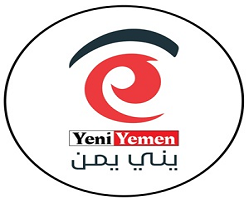

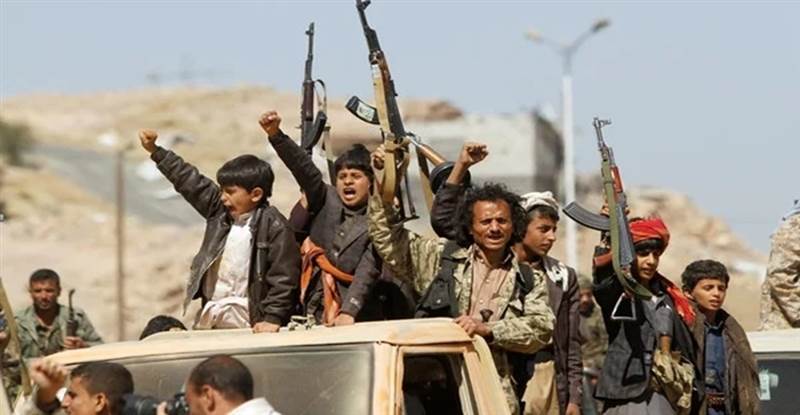
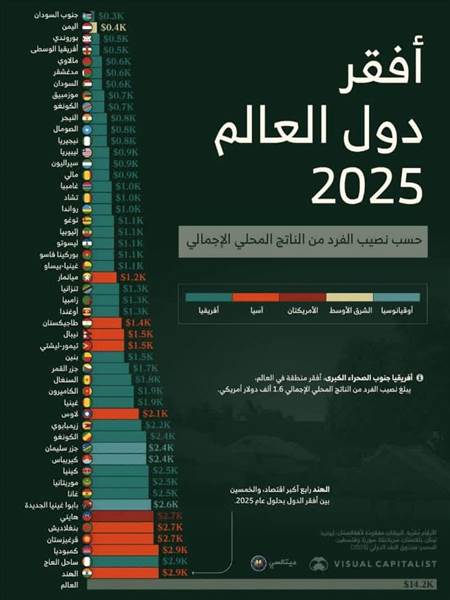
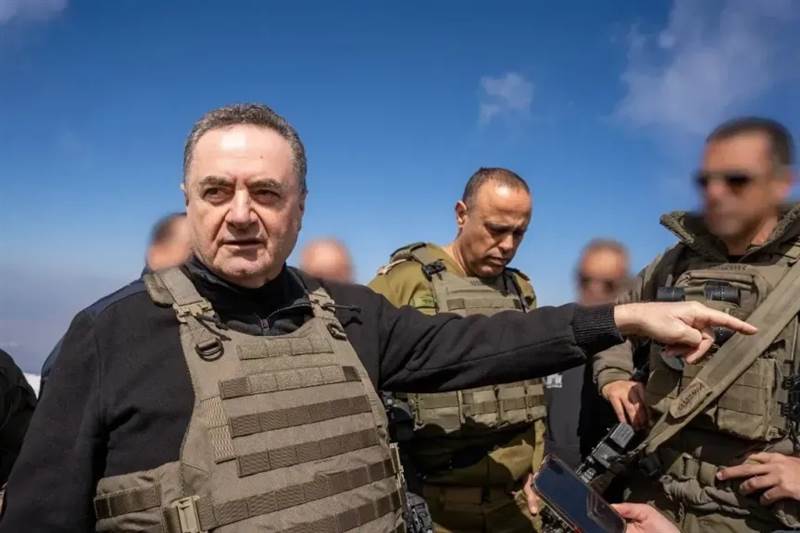

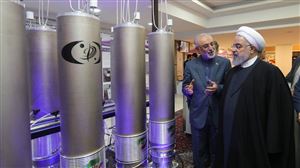
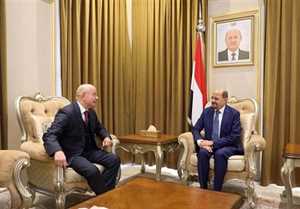
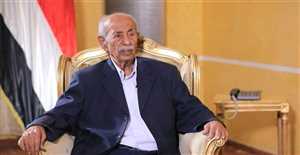
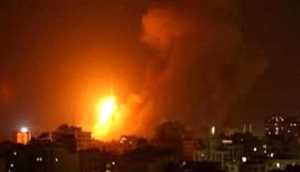

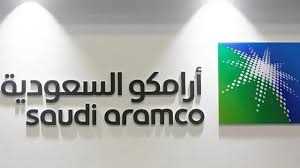
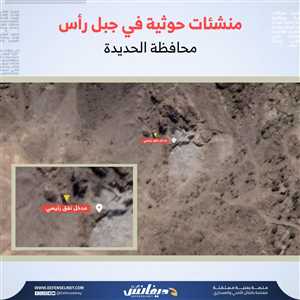

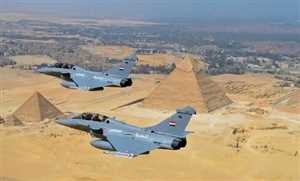
Comments